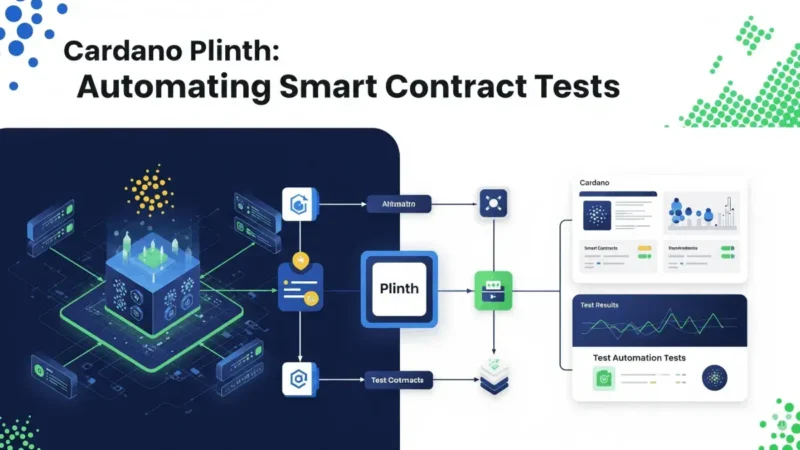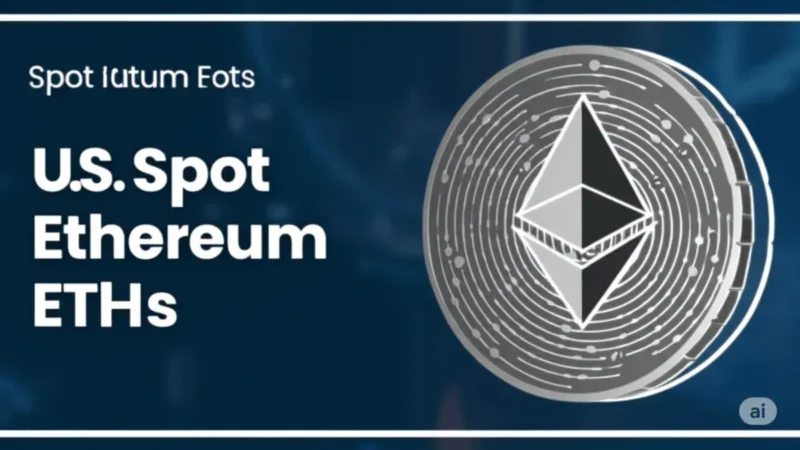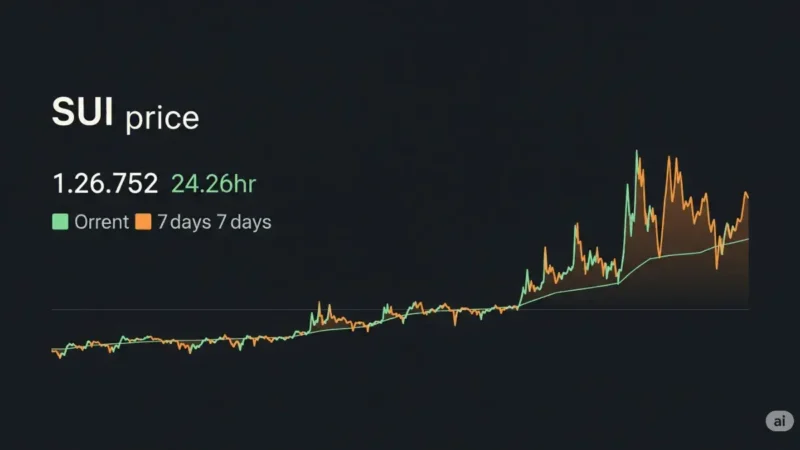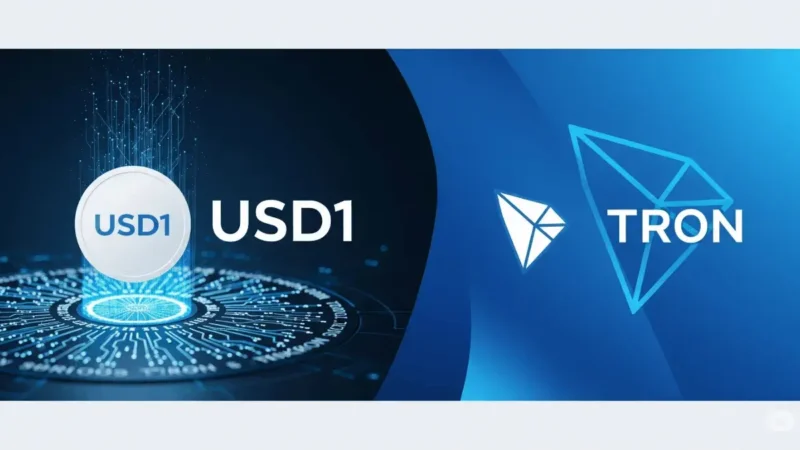Demystifying Smart Contracts: A Beginner’s Guide

In the revolutionary landscape of digital technology, there stands a promising corner-stone – Smart Contracts. These digital protocols signify a seismic shift, enabling secure online transactions without the need for intermediaries, thus fundamentally transforming how businesses are conducted. In everyday terms, Smart Contracts are automated, self-executing contracts with the terms directly written into program code. This transformative technology is gaining momentum across industries, owing to its capacity to facilitate trustworthy transactions efficiently and cost-effectively. This article serves to illuminate what Smart Contracts are, the technology that powers them, their practical applications, as well as their potential future. It also provides an objective discussion concerning the pros and cons of this burgeoning technology.
Table of Contents
Understanding Smart Contracts
What are Smart Contracts?
Smart contracts are self-executing contracts with the terms of the agreement directly written into code. They exist across a decentralized blockchain network and automatically carry out the terms of a contract when certain conditions are met. This eliminates the need for a trusted third party or intermediary in transactions, which can speed up processes, reduce costs, and minimize the potential for disputes or fraud.
How Do Smart Contracts Work?
Smart contracts leverage blockchain technology to operate. In simple terms, a blockchain is a type of database where information is stored in blocks that are chained together. For smart contracts, when the agreed conditions are met, the contract is triggered and the blockchain completes the transaction. Every transaction is transparent and can be tracked, ensuring the legitimacy and security of every contract.
The Importance of Smart Contracts
The advent of smart contracts has revolutionized the way transactions are made. Because they remove the need for intermediaries, smart contracts have significantly reduced the cost and time involved in many processes, such as financial transactions, legal procedures, and insurance claims.
Furthermore, their inherent transparency and security features mean that all parties involved can trust in the contract. There is no opportunity for alteration, manipulation, or deletion without the knowledge and consent of all parties involved, which contributes to their growing popularity.
Use Cases of Smart Contracts
Smart contracts have a myriad of potential uses across many industries. In finance, they can be used to streamline transactions, making processes more efficient and secure. Insurance companies can use smart contracts to automatically pay out when certain conditions are met, leading to faster claim payouts.
In the legal field, smart contracts could automate various processes, such as the execution of wills or the automatic transfer of property ownership. In supply chain management, they can provide a transparent and reliable method of tracking the movement of goods, providing real-time visibility and eliminating bottlenecks.
Smart Contracts and Decentralized Finance
Decentralized finance, often referred to as DeFi, is an innovative financial system built on public blockchains like Ethereum. Smart contracts play a vital role in this system, as they allow for the creation of complex financial products without the need for intermediaries.
They enable everything from lending and borrowing platforms to decentralized exchanges and tokenization platforms. With smart contracts, DeFi can offer high-yield savings accounts, lending services, insurance, and more, all without the need for a traditional financial institution.
The Increasing Importance of Smart Contracts in Today’s Business World
There’s a growing trend among businesses to use blockchain technology. Smart contracts, specifically, are garnering interest due to their potential benefits. They offer a way for companies to simplify procedures, enhance productivity, minimize costs, and bolster security.
Moreover, the rise of smart contracts opens new doors for businesses to venture into novel opportunities in a digital, global market. Their broad acceptance can essentially transform sectors spanning from finance and property to healthcare and supply chain management, creating a path towards a more efficient and secure digital era.

The Technology Behind Smart Contracts
Deciphering Blockchain and its Relationship with Smart Contracts
Blockchain technology lies at the heart of smart contracts. It’s a clear, decentralized, and secure digital record-keeping system that enables the implementation of smart contracts. Blockchain operates like a database or spreadsheet, yet uniquely, it isn’t stored in a single centralized system, but spread across several computers, or nodes, within a network. This decentralized aspect is what assures the security and transparency of smart contracts.
Each addition or transaction on a blockchain is saved in a block and is intrinsically linked to both the block before and after it, resulting in a chain-like formation. This interconnectivity means that any block cannot be changed without affecting the other blocks in the chain. This provides an extra level of security for smart contracts based on the blockchain.
The Role of Smart Contract Scripting and Ethereum Virtual Machine
The operation of smart contracts requires specialized programming languages known as smart contract scripting languages, such as Solidity and Vyper, primarily used on the Ethereum platform. These high-level, statically typed scripting languages are used to write applications that implement self-executing contracts on the Ethereum blockchain. Once the conditions outlined by these scripts are met, the smart contracts autonomously execute the contractual clauses.
The Ethereum Virtual Machine (EVM) is an indispensable component of the Ethereum ecosystem that plays a pivotal role in the execution of smart contracts. EVM is a Turing-complete software that provides the environment to run smart contracts irrespective of the language they are written in, as long as they are compiled into bytecode. EVM operates in isolation from the main Ethereum network, which allows developers to execute code without affecting other tasks on the network, therefore mitigating potential risks and security threats.
The Principle Behind Distributed Ledger System
The principle underlying the distributed ledger system is that all data and transactions are recorded across multiple nodes that each validate the information independently. Distributed ledgers eschew the reliance on a central authority or third-party intermediaries to authorize and verify transactions. In the context of smart contracts, this signifies that once the contract conditions are met, the agreement is executed instantly without the need for a central authority or manual intervention.
The data recorded in the distributed ledger system is immutable, meaning that it cannot be altered unless consensus is reached among all participating nodes. Due to the decentralized nature and the consensus requirement for changes, the system is highly resistant to fraud and cyber-attacks, enhancing the security and reliability of smart contracts.
The innovative merger of blockchain technology, smart contract coding languages, the Ethereum Virtual Machine, and decentralized ledger systems condenses to form the robust, self-operating, and efficient system which is the core of smart contracts.

Smart Contracts in Real World Scenarios
The Role of Smart Contracts in Finance
Smart contracts pave the way for a revolutionary change in the financial sector by automating various aspects, enhancing efficiency, and guaranteeing precision. Consider, for instance, the banking industry. Smart contracts facilitate automated payment processes that trigger instantaneous transactions once the predetermined conditions are satisfied. This reduces the dependency on intermediaries and cuts down possibilities of fraud. Similarly, Insurance firms are leveraging smart contracts for automated claim handling. On meeting the specified conditions for a claim, smart contracts take the helm and release the payout, eliminating the need for human intervention.
Smart Contracts in Healthcare
In the healthcare sector, smart contracts increase efficiency and privacy. One example is patient data management. Healthcare providers handle vast amounts of confidential patient information. Smart contracts can manage this data, ensuring access only when the defined parameters, such as patient’s consent, are met, thus helping in avoiding any unauthorized access. Additionally, in health insurance, claim settlement can be automated using smart contracts to ensure timely claims processing and payouts.
Smart Contracts in Supply Chain
The supply chain is another sector benefiting from smart contracts. They can track products right from their origin to the hands of consumers, ensuring transparency. For instance, in food supply chains, a smart contract can include details about growers, processing units, distributors, and retailers. Whenever a product changes hands, the contract gets updated. By scanning a QR code, consumers can check this information, promoting trust in product quality and ethical sourcing practices.
Smart Contracts in Real Estate
The real estate industry is notorious for its complexity and paperwork. Smart contracts simplify property buying/selling process by automating property transfers and payments. For example, think about a rental agreement. A smart contract can facilitate monthly rent payments from the tenant to the landlord automatically. If the contract is not renewed or is breached, the smart contract can ensure the tenant’s access to the property is revoked, thereby eliminating elaborate eviction proceedings.
Smart Contracts in Government Services
Governments can also use smart contracts to make their services more efficient and transparent. These contracts can automate various administrative processes such as issuance of certificates, licenses, and permits, reducing bureaucracy and corruption. They can also be used in voting systems to ensure fair elections, as votes can be recorded on blockchain and cannot be manipulated.
Smart Contracts in Entertainment Industry
In the entertainment industry, specifically music and film, smart contracts are used to streamline royalty disbursement. They can automatically track and distribute royalties to artists every time their creative work is used, ensuring fair compensation. A film or music piece can have a smart contract with terms specifying the division of revenue among producers, actors, singers, and other parties involved. This reduces disputes over revenue sharing.
Conclusion
From the discussed scenarios, it becomes clear that smart contracts offer practical and effective solutions to a wide range of sectors. Their ability to enhance efficiency, minimize fraudulent activities, ensure privacy, boost transparency, and develop trust among all involved parties is commendable. As numerous industries delve deeper and embrace these applications, it is predicted that the utilization of smart contracts will become increasingly mainstream.

The Pros and Cons of Smart Contracts
The Value Added by Smart Contracts
One of the most noteworthy advantages of smart contracts is their inherent capability for automation. The moment a smart contract commences, it follows pre-set rules which are self-executable and require zero intervention from humans. This feature facilitates transactions, reducing the likelihood of errors or bias that could occur with human involvement. The need for manually fulfilling contract terms is eradicated, as smart contracts take care of contractual obligations automatically, saving valuable time and effort.
In addition, smart contracts offer a higher level of security compared to their traditional counterparts. Being a product of blockchain technology, smart contracts utilize sophisticated cryptographic techniques, making them extremely secure. Due to the decentralized nature of the blockchain, any alterations or deletion of a smart contract by third parties after its deployment are nearly impossible.
The affordability of smart contracts is another significant benefit. The requirement for middlemen like brokers and attorneys is eradicated, drastically bringing down the costs related to transactions. As the contract’s terms are pre-set and self-enforced, there is no need to spend additional funds on ensuring compliance or implementation. The smart contract guarantees that all involved parties fulfill their respective responsibilities.
Understanding the Complexities of Smart Contracts
Like any technology, smart contracts come with potential pitfalls. Among these is their susceptibility to coding errors, which can have high-stakes consequences. An example is a coding oversight in 2016 that resulted in the loss of a staggering $60 million in cryptocurrency.
Furthermore, the legal obligations of smart contracts can be a minefield. The legal standing of these digital agreements is ambiguous in many jurisdictions, engendering uncertainty. Thus, if an issue arises involving a smart contract, the recourse one can take is unclear.
Moreover, the absence of standardized regulation around smart contracts raises serious concerns. Traditional contracts have the guidance of established laws, whereas smart contracts, as a new technology, largely function in a regulatory grey area.
It’s also worth noting the inherent inflexibility that comes along with smart contracts due to their immutability. Once initiated, they can’t be altered or terminated. This can complicate correcting any initial errors or adapting to evolving situations.
The final concern is that while smart contracts negate the need for trust between parties, they can make interaction and dispute resolution an uphill task. In the absence of a human intermediary to mitigate and resolve disagreements, parties may be left grappling with unresolved disputes.

Photo by billow926 on Unsplash
The Future of Smart Contracts
The Dawn of a New Era with Smart Contracts
Despite their complexities, smart contracts are witnessing an accelerating adoption rate across a diverse range of industries. The ability for entities to automatically execute agreements through smart contracts not only reduces operational costs but also saves time. The financial sector is one industry spearheading this movement, with decentralized finance (DeFi) platforms using smart contracts to automate financial transactions and drop the need for intermediaries. The surge in cryptocurrency and blockchain applications, including the popularity of non-fungible tokens (NFTs), attests to another significant trend in the smart contract landscape.
Ongoing Developments
Technological advancements are the powerhouse that drives smart contracts towards optimum utilization in various sectors. The present focus is on enhancing the security features of smart contracts as they are susceptible to security vulnerabilities. Some ‘smart contract insurance’ programs are being developed to protect users against potential defects or security breaches in smart contracts. Also, research is underway to make smart contracts legal contracts, an initiative that could provide additional security to users.
Possible Regulatory Changes
As smart contracts become more widespread, the regulatory landscape will inevitably need to adapt. Regulatory bodies worldwide are investigating ways to implement regulatory frameworks to manage potential risks associated with them. The expected changes may involve introducing regulations to ensure smart contracts comply with legal standards and providing better clarity on the tax implications. Furthermore, with blockchain technology’s global nature, international regulation will be necessary to prevent jurisdictional complications.
Expert Predictions Related to Smart Contracts
Experts predict smart contracts will revolutionize business procedures just as the internet did in its time. The automated execution of contracts eliminates intermediaries, thereby speeding up business operations and reducing costs. Also, smart contracts create a trustless environment, which might be influential in sectors where trust is critical, such as Real Estate. It’s also predicted that the use of smart contracts will become mainstream across different sectors due to their versatility and efficiency.
Smart Contracts and Blockchain
Accompanied by the advancements in blockchain technology, the use of smart contracts is increasingly diversified – they’re becoming a universal phenomenon of potential value to all sectors of business. This includes everything from real estate (where they can simplify the buying and selling process) to supply chain management (where they can make tracking and verification more straightforward).
The Future of Smart Contracts
In the future, smart contracts are expected to become integral parts of business transactions. As technology improves and legal barriers are addressed, we should expect a deep integration of smart contracts into the fabrics of modern administrative, commercial, and legal systems. The future of smart contracts, while not without obstacles, seems to be on a positive and prolific trajectory of growth and evolution. One key direction will be the development of ‘smart legal contracts’ where the lines between traditional contracts and smart contracts are becoming increasingly blurred. In addition, the convergence of smart contracts and Internet of Things (IoT) may open up new vistas of potential applications, like automated car rentals or electricity supply.
Despite the potential and the promising future, it’s crucial to acknowledge that ensuring their security and mitigating the risks associated with smart contracts should continuously be the industry’s priority.

As we find ourselves in a fast-evolving digital era, smart contracts have emerged as a notable force, influencing a multitude of sectors and modern business operations. A hybrid of law and computer science, smart contracts convincingly demonstrate the effective unification of these two contrasting disciplines. They hold immense scope for bolstering efficiency, security, and democracy in transactions and agreements, despite presenting certain challenges with their current state. With the expanding implementation and the anticipatory trajectory of regulations and improvements, it is evident that smart contracts will continue playing a seminal role in the future narratives of both business and technology.



